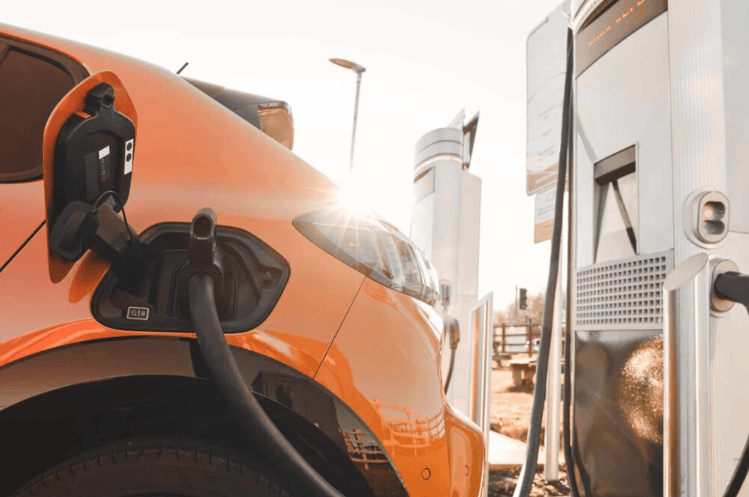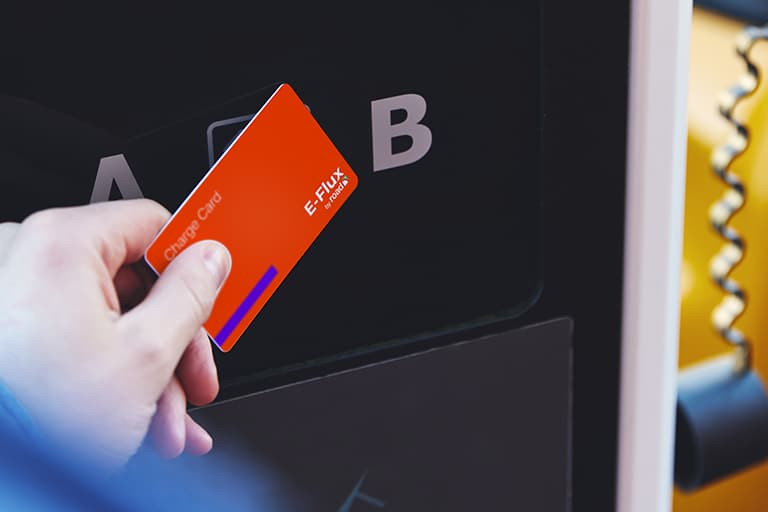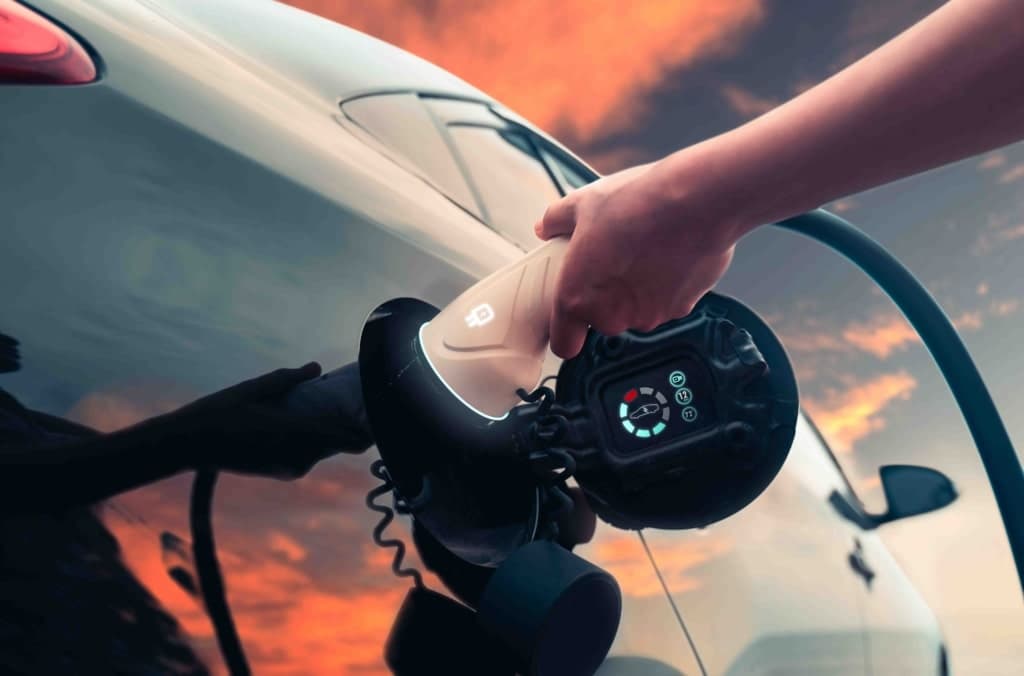Public EV charge pricing is never static, and can vary from one charge session to the next. This is because charging costs are influenced by so many variables – from your charging method and location, to the weather and how you drive your car. And while some variables are in your control such as the type of charge and location you choose, others aren’t, like the price of electricity and other tariffs that the charge station owner or operator adds.
EV charging rates in most European countries are calculated based on the electricity cost per kilowatt-hour (kWh). In the EU, the average cost per kWh is €0.28/kWh while in the UK it’s £0.27 per kWh. However, charging rates can also be on time, or a combination of energy and time.
At a glance
EV charge costs vary with tariffs like flat fees, idle fees and peak pricing. Charging speed also affects costs, with high-speed charging being more expensive. A charging app can help you estimate how much you'll pay per charge.
Extra tariffs
EV charge costs vary a lot because operators can set their own prices. Some might charge you a flat fee to plug in, while others might impose an idle fee when your car is fully charged but still plugged in. Some might set higher tariffs on weekends or during the day than weekdays or nights.
In addition to your charge session cost, there will also be transaction or subscription fees when you use your charge card to pay. These will depend on your charge card provider, and subscription model.
Roaming costs
When you use a provider’s charge station that you’re not subscribed to, either in your own country or abroad, you will be charged a roaming fee. These differ among providers, but if you use an E-Flux by Road charge card at any E-Flux by Road-supported charging station, you won’t pay a roaming fee. This can save you up to 3 eurocents per kWh.
How you charge
Your charging speed will also affect the charge costs. Faster charging with a DC charger uses more electricity, so it will be more expensive than charger at a slower speed.
How to lower your EV charge costs
- Use a charging app to help you find stations, and compare their prices.
- Avoid using high-speed charging stations regularly
- If you’re going on a roadtrip, plan in advance and identify charging stations on the route that offer better rates.
- Charge at off-peak hours, when electricity rates might be lower
- Get a charge card like E-Flux by Road. There are two affordable charge card options, and you won’t pay roaming charges if you use it at an E-Flux-supported charging station.
The prices in this post are correct at the time of publication. These prices might fluctuate, so always check the current kWh prices before charging.
How Road can help
At Road, we help CPOs across the UK and EU comply with legislation including the Public Charge Regulations 2023 (UK) and the Alternative Fuels Infrastructure Regulation (AFIR), which has similar requirements for EU CPOs.
Our platform enables seamless EV charge point management, and is compatible with all regulatory requirements. We are proud of the reliability of our platform, which at 99.99% uptime exceeds the level stipulated by the new regulations. Find out more on how we can help you comply with the new UK charge point regulations by contacting us today
*Public charge points that are available to the public free of charge are not required to offer contactless payment.
To order your charge card, click here.


